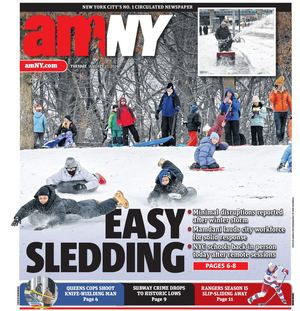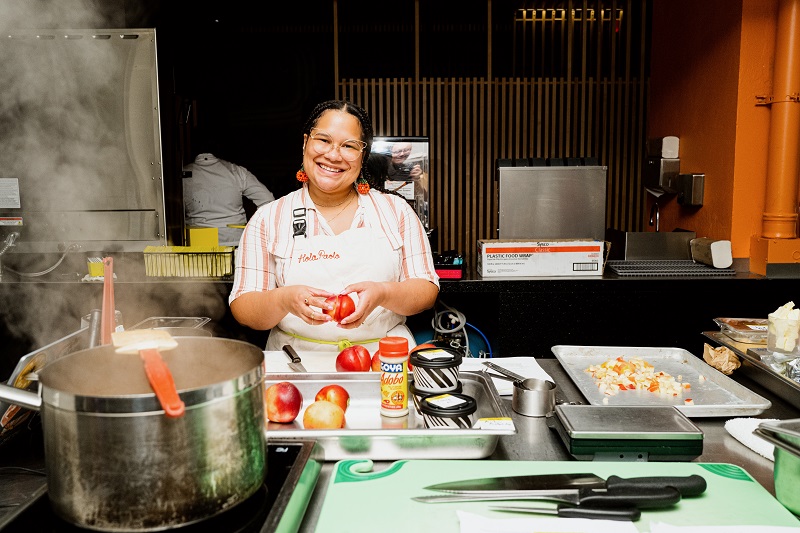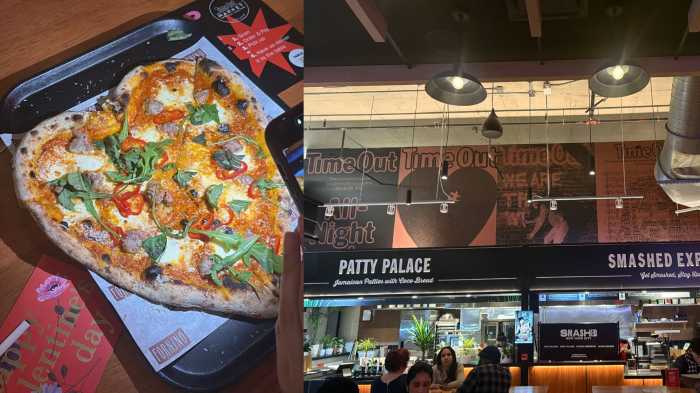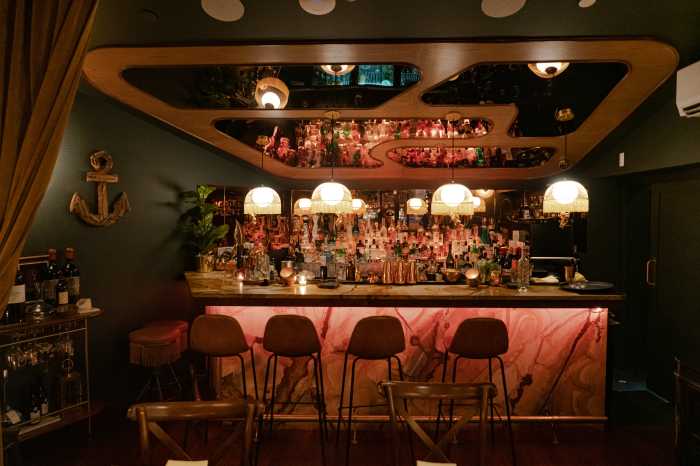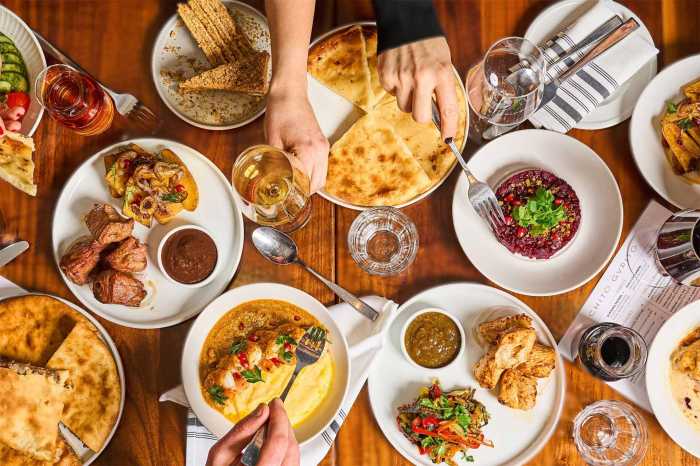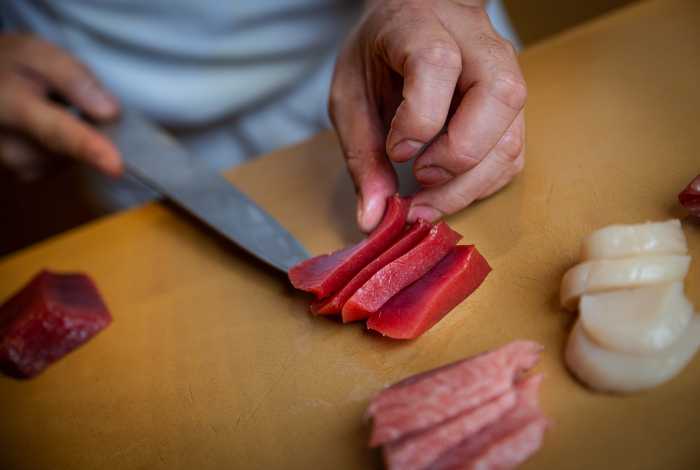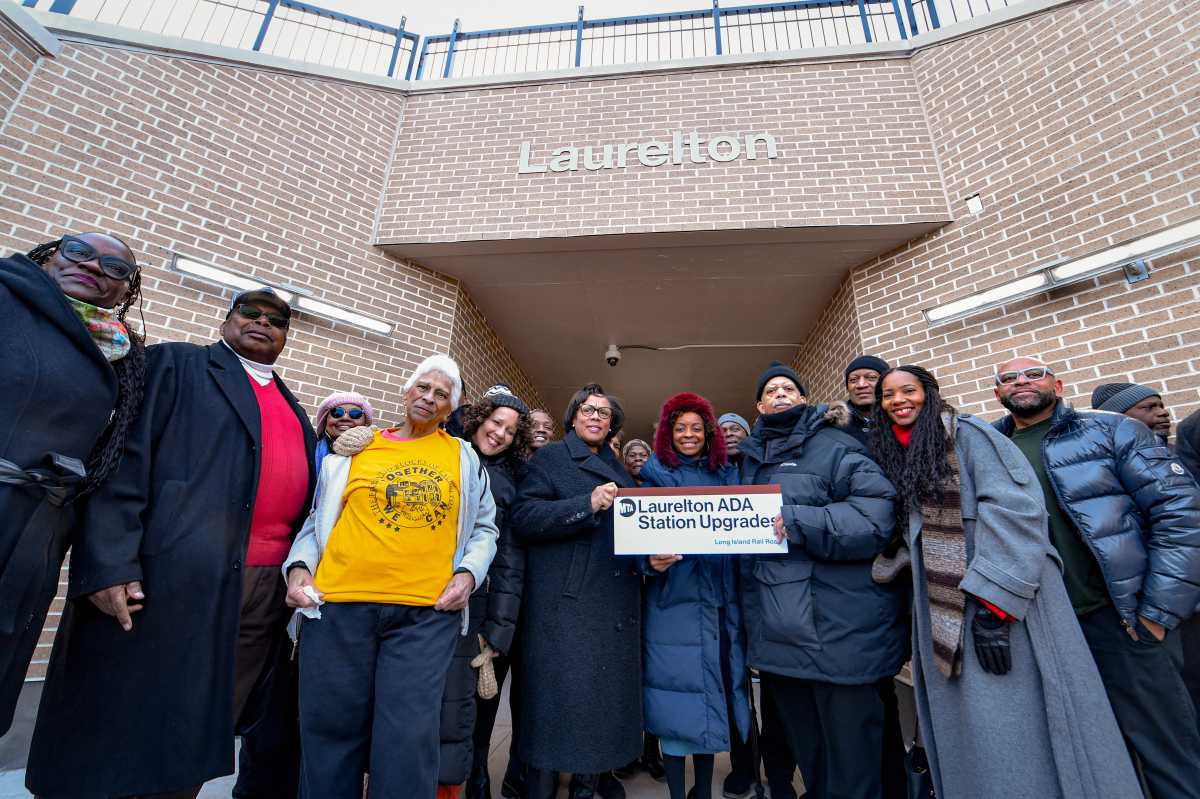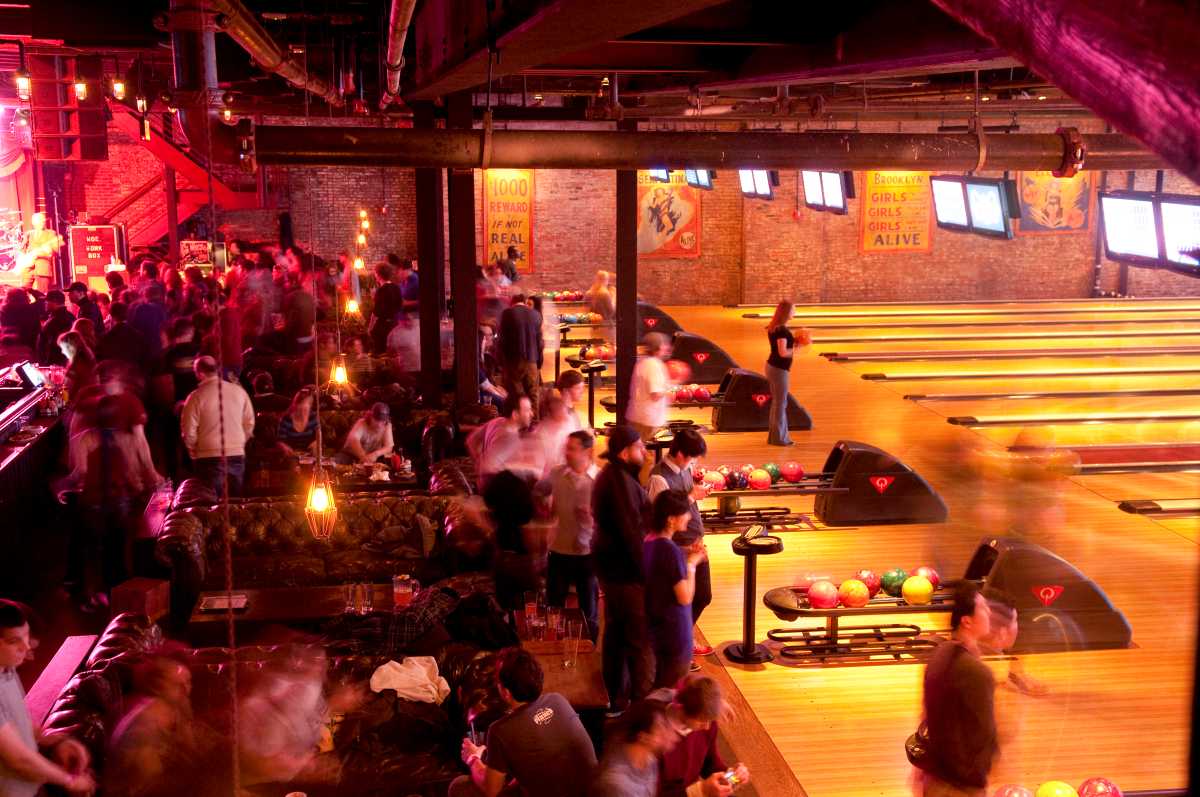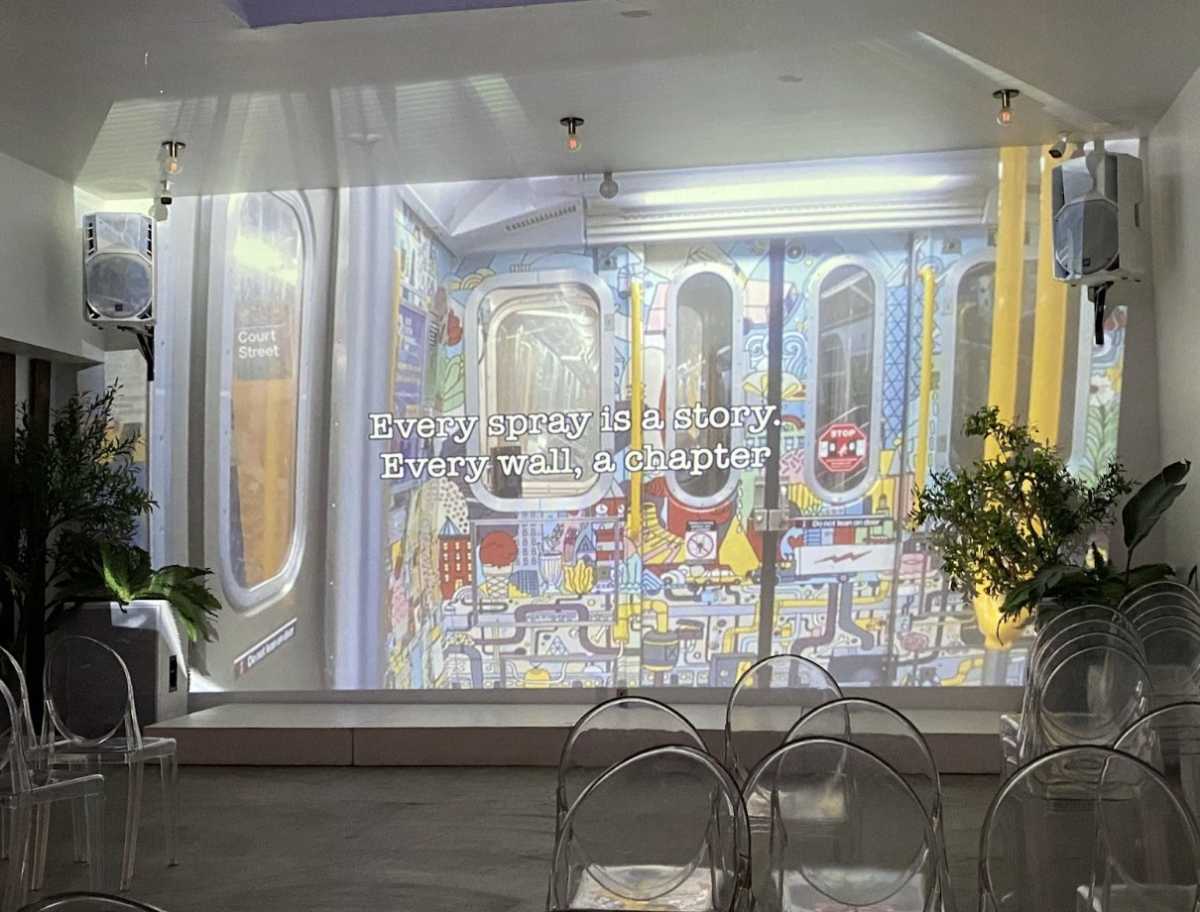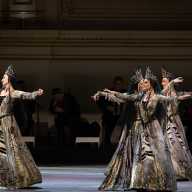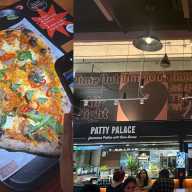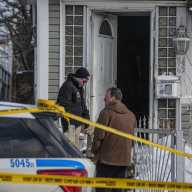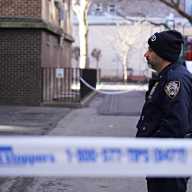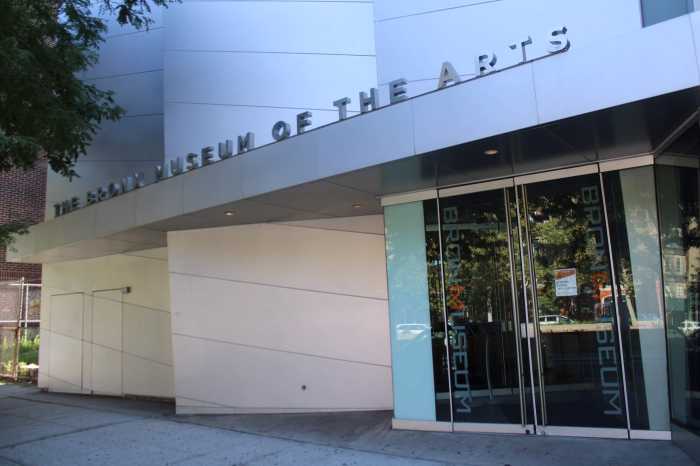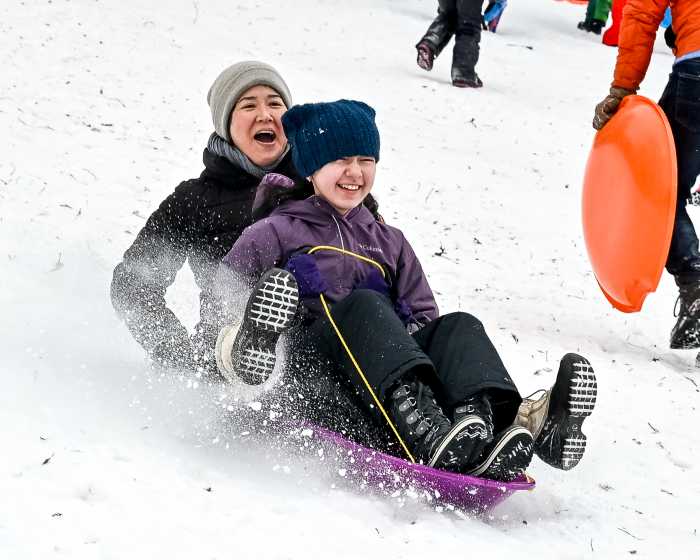To Paola Vélez, New York City begins in the bodega corners of Kingsbridge Heights, Bronx. Raised in an environment with three neighborhood shops, she remembers not just the snacks and staples, but the core of the community.
“Everybody knew everybody. When someone did not have a dollar, the owner of the bodega would tell him not to worry, it was an IOU, and they would not cash it in,” Vélez says. The lesson of that generosity was the kind of chef she would grow up to be, and that kindness and community are as basic as flour and sugar. To Vélez, bodegas were not merely shops but a “third space”, something that cannot be found to change in an ever-changing city.
That early influence shaped her journey as a chef. Vélez was born to a Dominican mother and grew up in New York; she was trained on using anything she could get: cosmic brownies, honeybuns, or measuring cups that served as improvised utensils. Those modest beginnings taught her the value of being creative and resourceful, which now permeates her award-winning baking and her cookbook, Bodega Bakes. The book blends her Dominican heritage with the flavors and memories of New York City bodegas, offering comforting, creative recipes that highlight her playful approach to pastry.
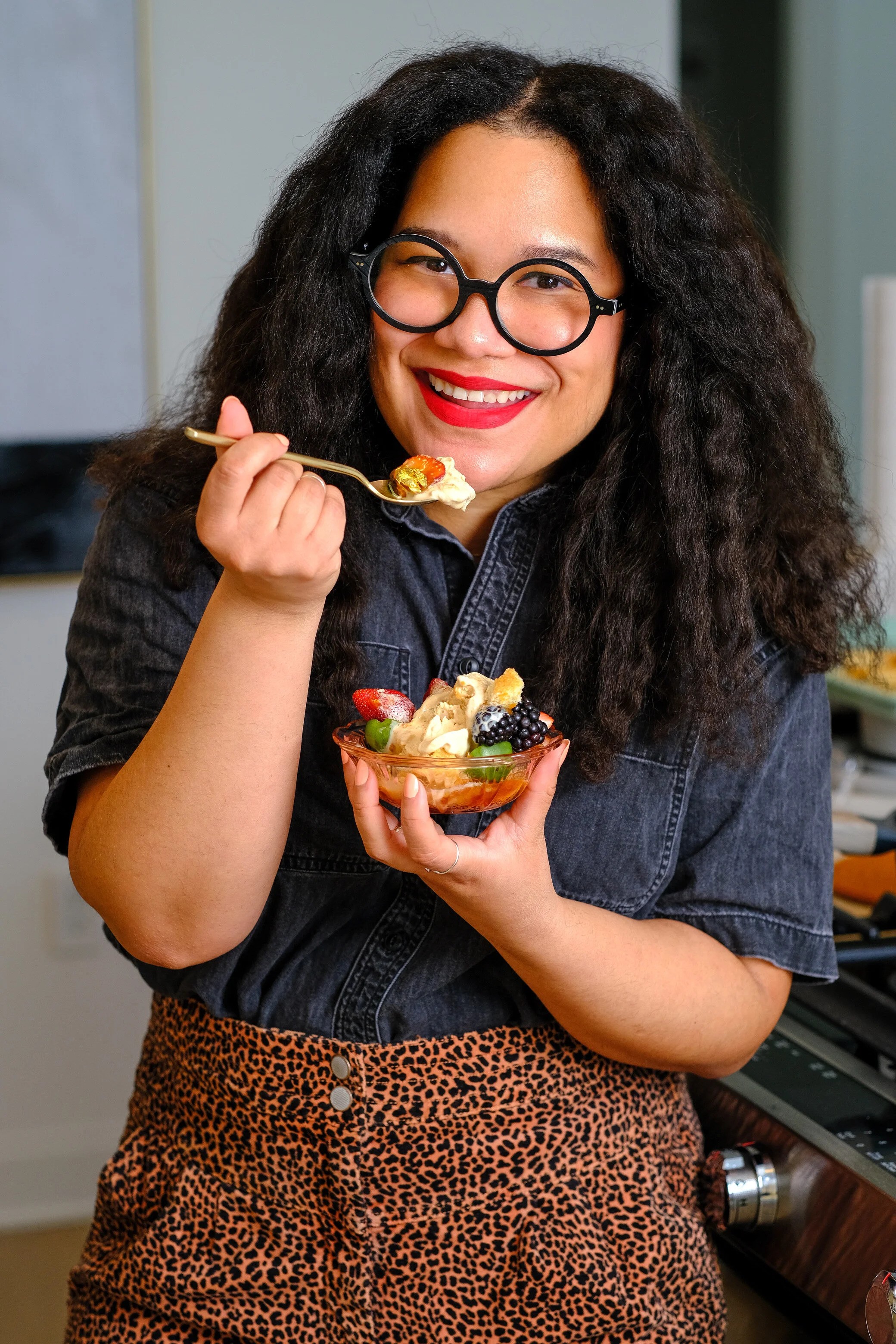
However, it is not only about food but culture and connection. During America’s longest government shutdown, she used the same bodega-inspired generosity to her Washington, D.C. community, where she handed out more than 1,000 pastries to SNAP-benefit furloughed workers and neighbors. “It is that generosity, I could see as I was growing up, I could do that,” Vélez said.
With the coming of the holidays, Thanksgiving has a special place in the mind of Vélez. Early in her career, working in restaurants across New York meant holidays were just another workday. Now, she treasures the chance to sit with family and friends. Though she does not cook a classic turkey or a pie, her lemon cookies have become a family tradition. Born from a rare evening off and a desire to bring something homemade, they pay homage to the 25-cent lemon cookie sandwiches she used to buy at local bodegas.
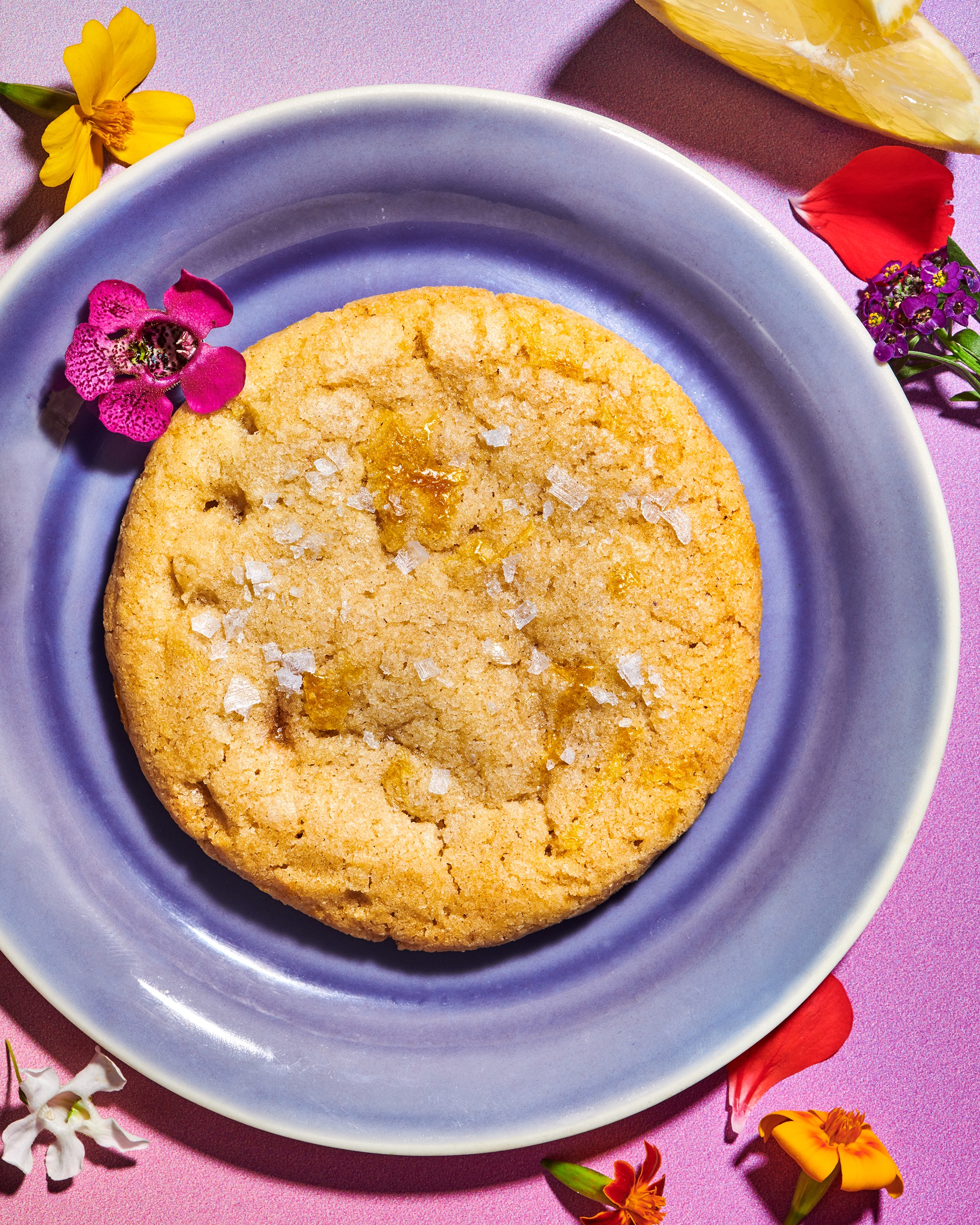
“The children all refer to me as the lemon cookie lady,” she laughs. Her recipe has been featured in Bodega Bakes, where the readers are encouraged to begin their own bodega-style holiday traditions.
Food, Vélez says, is more than sustenance—it’s a bridge across cultures. In her restaurant, Providencia, located in Washington D.C., the Dominican, Taiwanese, and Salvadoran cuisines come together in a way that highlights similarities rather than differences. Learning about world cuisine and visiting the different neighborhoods of New York reinforced that bond: it is easy to respect others when you eat and taste things that can be enjoyed by people of all backgrounds.
Asked to describe New York in a single flavor, she says cheesecake. “A real New York cheesecake is not subtle or modest, but is instead bold, rich and unashamedly intense, but flexible, and matches any flavor or culture that claims it. We change, we study, we develop, we admire, a cheesecake does that.”
Vélez encourages New Yorkers to remember why the culture of bodegas is important, not only because of its tastes but also because of the generosity, strength, and community that it represents. Her baking reflects the taste of a city that is constantly evolving, but with its roots firmly in tradition, and proving that the tales we discover in our local corner stores are worth preserving, particularly during the holidays.
“New York is changing in front of our eyes, we can be the cultural representatives of what we grew up in and what New York is,” Vélez said.
